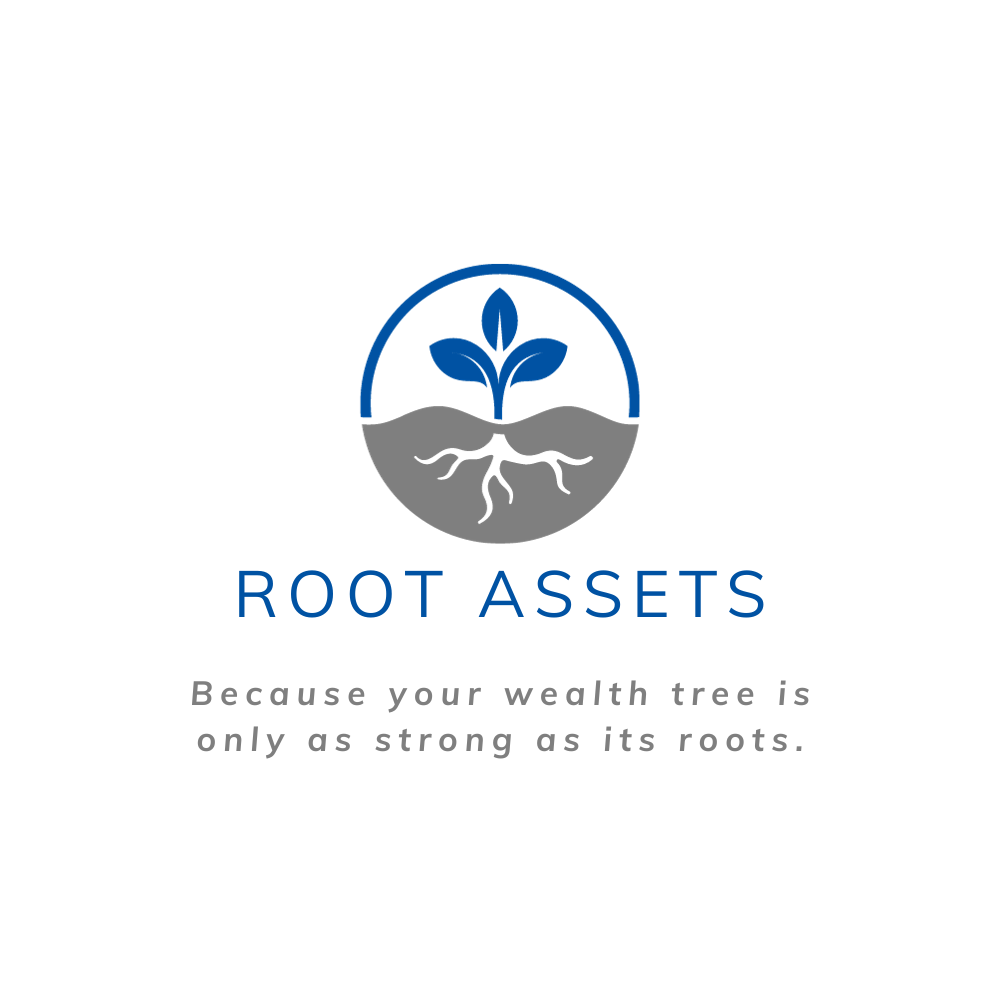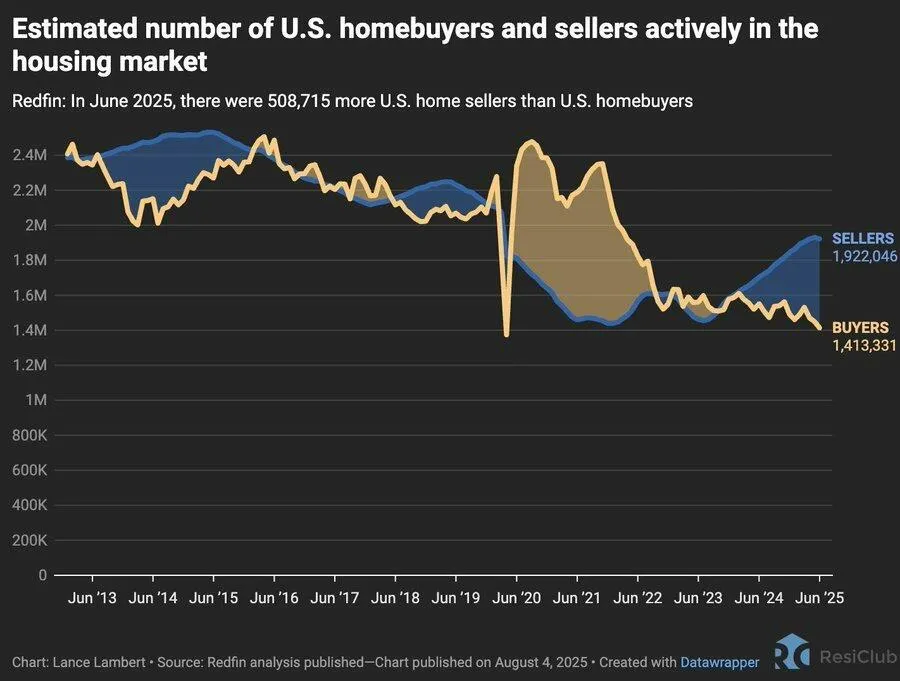
Learn more about personal and business finance by reading any one of our insightful blogs.

Why Real Estate Investments May Not Be the Golden Ticket You Think
For generations, real estate has been touted as a foolproof investment, a sure path to wealth and financial security. “Buy land, they’re not making any more of it,” the saying goes. But is this advice as sound as it seems? A closer look reveals that real estate investments may not deliver the returns most people expect, come with significant risks, and often benefit banks and middlemen more than homeowners. Perhaps most importantly, a home should be a place to enjoy with family and create memories—not just a piece of your financial portfolio.
Real Estate Returns: Barely Beating Inflation
One of the biggest myths about real estate is that it’s a high-return investment. Historical data paints a different picture. Over the past 100+ years, the real estate market has barely outpaced inflation. According to the Federal Reserve, the average annual return on residential real estate in the U.S. from 1890 to 2015 was about 3.2%, while inflation averaged 2.8% over the same period. In real terms, that’s a razor-thin margin—hardly the windfall many believe real estate guarantees.
While some properties in hot markets may see dramatic appreciation, these are outliers. For most homeowners and investors, real estate offers modest gains at best, challenging the notion that it’s a reliable wealth-building tool.
The Investor Bears All the Risk
Compounding this modest performance is the fact that real estate investors—especially those who finance their properties—shoulder all the risk. When you buy a home or investment property with a mortgage, you’re using leverage. This can amplify gains if the property value rises, but it also magnifies losses if the market turns. If property values drop or you can’t keep up with payments, you’re the one who suffers. The bank, with a lien on the property, is protected; in a default, they can seize it, leaving you empty-handed.
This risk becomes even more glaring in a market downturn. When housing values fall, it’s the homeowner’s equity that takes the hit, while banks remain unscathed. In essence, you’re betting on an uncertain outcome, while the lender’s position is secure.
The HARP Act: A Case Study in Systemic Risk
To understand just how tilted the real estate game can be, consider the Home Affordable Refinance Program (HARP), introduced in the late 2000s during the housing crisis. HARP was marketed as a lifeline for struggling homeowners, allowing those who were “underwater”—owing more on their mortgages than their homes were worth—to refinance into more affordable loans. On the surface, it seemed like a win for families. But a closer look reveals that HARP was less about saving homeowners and more about shielding banks from devastating losses.
Here’s how it worked—and who it really helped. HARP allowed eligible homeowners to refinance, but eligibility wasn’t universal, and the outcomes varied dramatically depending on a homeowner’s equity situation. Consider two families with identical homes, each valued at $200,000:
- Family A: The Equity-Rich but Cash-Poor
- Mortgage balance: $150,000
- Home value: $200,000
- Equity: $50,000
- Situation: Due to job loss or other hardships, they can’t meet their monthly mortgage payments.
- Family B: The Underwater Homeowner
- Mortgage balance: $220,000
- Home value: $200,000
- Equity: Negative $20,000
- Situation: Also struggling to make payments, but their home is underwater.
Under HARP, Family B—the underwater homeowner—could qualify for refinancing. Why? For the bank, foreclosing on a home with little to no equity (or negative equity) was a losing proposition. After factoring in foreclosure costs, refurbishment expenses, and real estate commissions, the bank would likely recover less than the outstanding loan balance, taking a financial hit. By refinancing Family B’s mortgage to a lower rate or longer term, the bank could keep them in the home, ensuring a steady stream of payments and avoiding a loss.
Meanwhile, Family A, despite having $50,000 in equity, might not qualify for HARP relief if they didn’t meet specific program criteria (e.g., their loan wasn’t owned by Fannie Mae or Freddie Mac, or they missed payments beyond the allowable window). If they defaulted, the bank could foreclose, seize the home, refurbish it if needed, list it for sale, pay the realtor’s commission, and still turn a profit from the equity. In this case, the bank had a clear incentive to let Family A lose their home—because the equity made foreclosure profitable.
This disparity exposes HARP’s true design: it was less about saving every homeowner and more about minimizing bank losses. Families who’d built equity—those who’d invested the most—could still end up empty-handed, while banks stayed in the black. For real estate investors, this is a stark reminder that your equity isn’t as safe as you might think. Economic shifts or policies like HARP can flip the script, leaving you exposed while the system shields financial institutions. Real estate isn’t just risky—it’s a game where the house doesn’t always win, but the bank usually does.
The Real Winners: Realtors, Brokers, and Banks
So, if real estate isn’t a goldmine for investors, who really benefits? The answer lies with the intermediaries:
- Realtors earn commissions on every transaction, win or lose.
- Mortgage brokers collect fees for arranging loans.
- Banks profit from years of interest payments on mortgages.
These parties make money regardless of whether your property appreciates or tanks. They’re the consistent winners in the real estate game, while you bear the uncertainty.
A Home Is More Than a Financial Asset
Beyond the numbers, there’s a deeper issue: a home should be a sanctuary, a place to enjoy with your family and build lasting memories—not just a line item in your investment portfolio. Treating it as a financial asset can turn a source of comfort into a source of stress, especially when market conditions sour. Homeownership offers intangible benefits—stability, community, a space for life’s moments—that shouldn’t be overshadowed by profit motives.
Locked-Up Equity: A False Promise
Even if your property does gain value, that equity is locked up within the home itself. Accessing it comes with steep trade-offs:
- Refinancing: You can take out a new loan to tap into your equity, but you’ll pay interest on your own money—eroding part or all of the gains you’ve made.
- Selling: You can cash out by selling the property, but this means giving up your home, undermining the security it was meant to provide.
Neither option is ideal. Your equity may exist on paper, but it’s not a liquid asset you can easily use without cost or consequence.
How Paying Down Your Mortgage Benefits the Bank
Paying down your mortgage might feel like progress, but it often enhances the bank’s position more than yours. As you build equity, that money is tied up in the property, earning no returns for you. Meanwhile, banks can use your payments—your equity—to fund other investments and interest-bearing loans to other consumers. They’re effectively using your money to make more money, while you lose control over it.
This setup assigns your funds a single job (reducing your mortgage) and prohibits them from earning returns on multiple fronts—exactly what banks do with your money every day. It’s a one-sided deal that limits your financial flexibility.
The Bank’s Double-Dip: Lending You Your Own Money
Here’s a question: Do you know anyone with both a mortgage and an auto loan or credit card from the same bank? It’s a common scenario. In theory, the bank could be lending you back your own money in a different form—using the equity in your home to fund your car loan, for example—and collecting additional interest on both. This clever maneuver lets banks profit twice over, while you pay for the privilege.
Avoiding the Traps with Root Assets PLC
These are precisely the traps that Root Assets PLC helps clients avoid. We specialize in shielding you from mass wealth transfers you might be unknowingly participating in—transfers that benefit banks and intermediaries at your expense. Our mission is to help you regain control of your money, ensuring it works for you in multiple ways, not just one.
By scheduling a free appointment with a Root Assets PLC specialist, you can get expert guidance to navigate these treacherous financial waters. We’ll help you avoid the whirlpools of hidden risks, unnecessary costs, and lost opportunities, empowering you to make decisions that protect and grow your wealth—without sacrificing the joy of homeownership.
Real estate can still play a role in your life, but it’s time to rethink its place as an investment cornerstone. A home should be a source of comfort and memories, not a financial burden or a gamble. With the right knowledge and support from Root Assets PLC, you can break free from outdated advice and build a financial future that truly serves you. Schedule your free consultation today and take the first step toward financial clarity.

